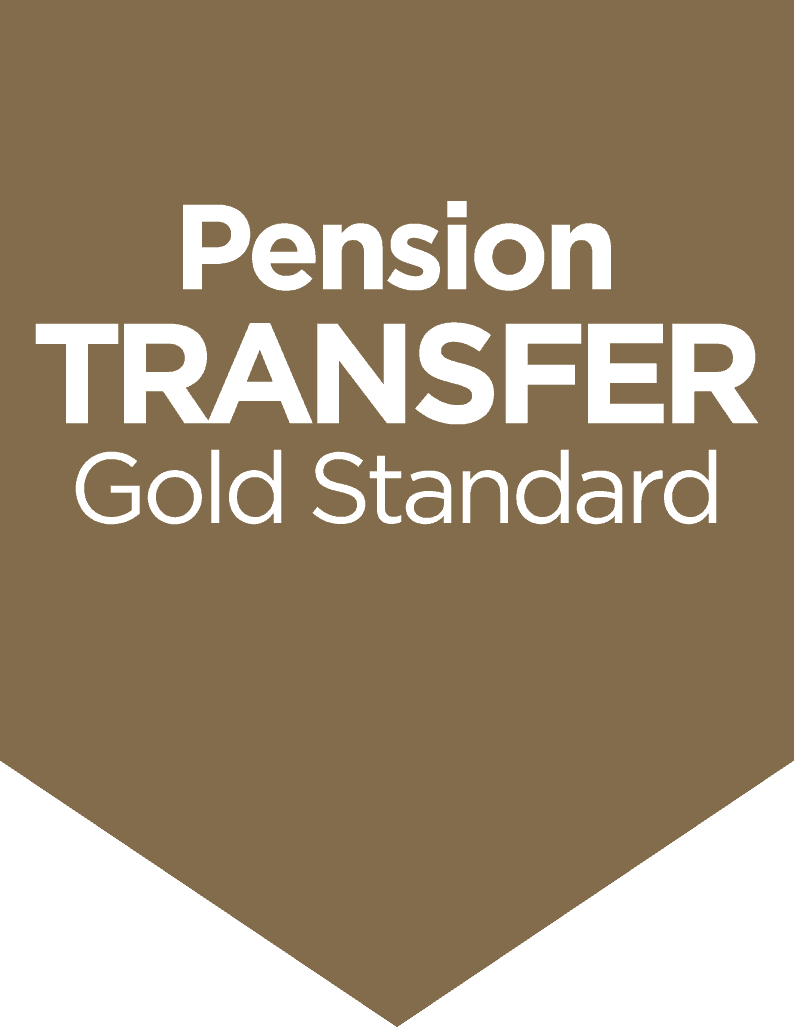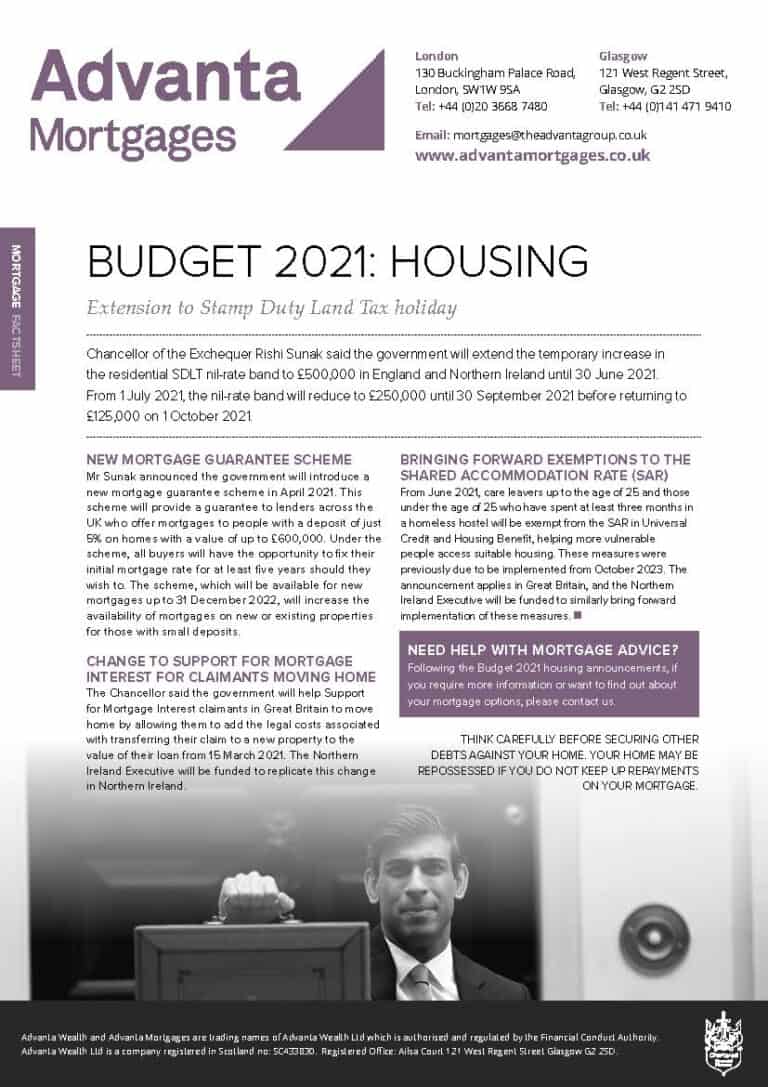How to make an offer on a property and negotiate the right price
Buying a home is an exciting time, but the process can be daunting, as it’s likely to be one of the most significant transactions you will make. When you’re ready to make an offer on a new home, there are a few things to keep in mind.
Once you’ve found the home of your dreams, here are some important tips to consider to get you prepared.
Get pre-approved for a mortgage
First, make sure you have your financing in order. You’ll need to get pre-approved for a mortgage and have a clear idea of how much you can afford to borrow. Before looking at properties it’s important to set a realistic budget. We can arrange for an ‘Agreement in Principle (AiP)’ (also called a ‘Decision in Principle’ or ‘Mortgage in Principle’) saying that, in principle, a mortgage lender would lend you the required funds needed.
Next, carry out your research on the property market in the area where you want to live. This will give you an idea of how much similar properties have recently sold for, so you can make an appropriate offer.
External factors to consider
It’s not just the property itself that will determine the value, there are external factors to consider that can also affect the price. These can include school catchment areas, transport links, crime levels, flood zones and development applications in the area, which can all impact on the home’s value.
When viewing properties, prepare a list of questions to ask the estate agent to get as much information as possible. This can include: How long has the property been on the market? Why is the current owner selling? How long have they lived there? How much are utility bills and council tax? Have there been any other offers? What’s the minimum asking price the seller would accept?
And remember, go into a viewing with an open mind, as there are lots of ways to ‘spruce up’ an older home.
Make an offer on a home
It’s now time to make that all-important offer. Be sure to take into account things like the asking price, recent comparable sales and any potential problems with the property. Make your offer as close to the asking price as possible so that the seller takes your offer seriously, especially if the property is in high demand.
Set yourself an upper limit of what you can afford to pay and, initially, you may want to consider going in with a slightly lower offer – around 5% – so you have room to negotiate upwards with the seller. But be prepared to negotiate on the price and terms of the sale.
The seller may counter your offer, so also be ready to compromise. However if other people are interested in the property, it might be worth offering the asking price or slightly higher, but you need to make sure you’re still not paying over the odds for the property.
Submit your offer to the estate agent, either over the phone or in person. You should also provide a written offer (email is usually fine – but check this) and ask that this should be passed on to the seller.
Needless to say, the seller will be mostly interested in the price you are offering. However there may be other deciding factors for them, depending on how quickly they are looking to progress the sale, such as:
Having a ‘Agreement in Principle (AiP)’ – so they know upfront you can afford to buy the property
Being a cash buyer – you’re able to move much faster than other buyers that may likely be waiting on a mortgage approval or for their own property to sell – sometimes both
Being chain free – i.e. a first-time buyer who doesn’t need to sell their own property to finance the deal
Being flexible on the moving date – as the seller themselves might still be looking for their new home
Being organised – already have a conveyancer and surveyor set up so if your offer is accepted you are ready to go
Don’t overstretch yourself
You should make it clear to the seller that your offer is subject to the property being taken off the market too, so no more viewings.
If your offer isn’t accepted, don’t panic! You could consider making a higher offer if you can afford it, but don’t overstretch yourself.
Negotiating a price
When entering into negotiations, there are a few things to keep in mind:
Try to keep your budget private – revealing the maximum amount you are willing to pay might make the agent tell the seller to hold out for more money
Act interested, but not desperate – if they know you have fallen in love with the property, the agent might think you’ll be willing to pay more
Get a property survey done – if there are structural issues you may need to offer less than the seller is asking, depending on the money that needs to be spent
Consider your options
Don’t be overly influenced by things the seller might throw in with the deal. For example, white goods – unless nearly new, these are worth very little so you shouldn’t pay too much for these to be left in the house.
Always take your time to consider your options. The agent might try to rush you to seal the deal but this is a big decision, so make sure you think it through before increasing your offer.
If your offer is accepted, then it’s time to celebrate! However, if not, don’t be discouraged – another home will be waiting for you just around the corner.
Agreeing on the contract
After your offer has been accepted, you will need to agree on the contract.
If the property you’re buying is in England and Wales, your offer is not legally binding until you and the seller have exchanged contracts.
In Scotland, once the seller is happy to accept your offer, you’ll receive a ‘qualified acceptance’ letter, informing you that the seller accepts the offer and lists any conditions to be agreed before the sale is finalised.
Solicitors will then send a series of letters (known as ‘missives’) between each other, negotiating the conditions. Once both parties are happy, a final ‘concluding missive’ will be written which, when signed, is a binding contract between you and the seller.
Making an offer on a new home can be daunting, but by doing your research and getting prepared, you’ll stand a higher chance of having your offer accepted. Whether you’re still shopping for your dream home or you’ve found a property you love, we hope our tips on how to make an offer on a home will put you one step ahead.
We’ve got everything you need to find the right mortgage for your needs.
Whether you want to buy a first or new home, or remortgage your current property, we’ll help you find the right mortgage for your needs. To find out more, complete the form below and an Independent Mortgage Broker will be in touch.
Contact us
Advanta Mortgages gives you access to a broad range of mortgage solutions. If you’d like to know how we can help with your investment and wealth planning needs, get in touch. We’ll be delighted to provide more details of our services. Please contact us using one of the options listed below.
London
130 Buckingham Palace Road,
London, SW1W 9SA
Glasgow
121 West Regent Street,
Glasgow, G2 2SD
















